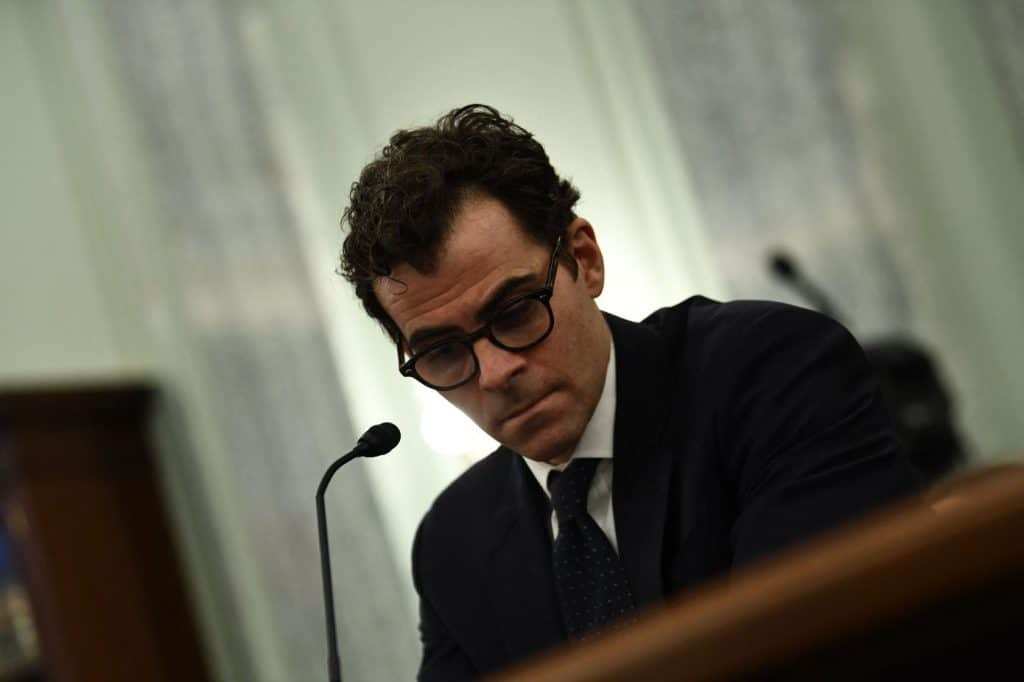
Head of Instagram Adam Mosseri testified before Congress for the first time Wednesday, defending the app’s impacts on teens and its aspirations to bring younger children formally into the fold.
In September, leaked documents from Facebook whistleblower Frances Haugen painted a picture of a company that knows it takes a toll on the mental health of some of its most vulnerable users.
“Thirty-two percent of teen girls said that when they felt bad about their bodies, Instagram made them feel worse,” researchers said in an internal presentation, reported by The Wall Street Journal. Internal research also found that within a group of teen Instagram users who said they experienced suicidal thoughts, 13% of British users and 6% of American users connected their desire to commit suicide to Instagram.
The company now known as Meta conducted that research internally and it was only brought to light through a revelatory series of reports in The Wall Street Journal. The leaked documents came up repeatedly in Wednesday’s hearing, with lawmakers on the Senate’s consumer protection subcommittee citing the revelations and pressing unsuccessfully for access to more of Instagram’s internal findings on its impacts on kids and teens.
Disturbing findings
In his opening statement, subcommittee chair Richard Blumenthal (D-CT) said that just prior to the hearing, his staff again made a test to explore dangerous content on Instagram and easily found algorithmic recommendations serving dangerous content. “…Within an hour, all of our recommendations promoted pro anorexia and eating disorder content.”
Ranking member Marsha Blackburn’s own office also made a test account for a teen and noted that it defaulted to “public” rather than private, as Instagram says that accounts for users under 16 do. Mosseri admitted that Instagram failed to enable the safety step for accounts create on the web.
“This is now the fourth time in the past two years that we have spoken with someone from Meta and I feel like the conversation repeats itself ad nauseam,” Blackburn (R-TN) said during opening statements. “Nothing changes — nothing.”
In the hearing, Mosseri followed Meta’s approach to recent damning reporting, dismissing some of the findings outright — even intuitive ones. In response to a question on concerns about Instagram’s addictive nature — a phenomenon that most Instagram users could attest to — Mosseri asserted that “Respectfully, I don’t believe that research suggests that our products are addictive.”
Prior to Mosseri’s testimony, Facebook’s Global Head of Safety Antigone Davis appeared before the Senate subcommittee to address teen safety concerns. “We have put in place multiple protections to create safe and age-appropriate experiences for people between the ages of 13 and 17,” Davis argued, defending the company’s efforts.
Meta doubled down, defending its practices in light of the reports and Haugen’s subsequent testimony to U.S. lawmakers. The company argued that the precautions it takes on Instagram are adequate and that the research was taken out of context. “It is simply not accurate that this research demonstrates Instagram is ‘toxic’ for teen girls,” Facebook Head of Research Pratiti Raychoudhury wrote in a blog post slamming The Wall Street Journal’s reporting.
In late September, facing the firestorm of criticism, Mosseri announced that Instagram would pause its plans to develop Instagram Kids, a version of the app specifically for children under 13. The company faces ongoing criticism from the mental health community and lawmakers in the U.S. and abroad who believe that Instagram is not a responsible custodian for the well-being of children and teens.